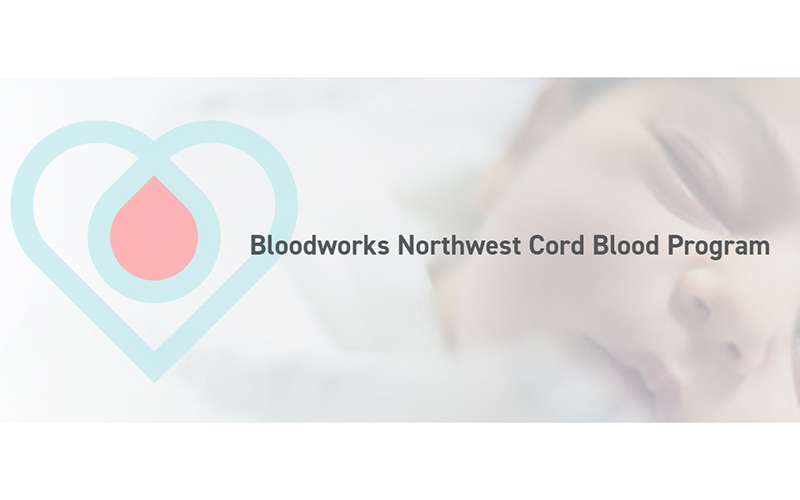
Umbilical cord blood is a simple and safe way to make the birth of a child into someone else’s second chance. Cord blood contains special blood-forming cells that can be used as a life-saving transplant for patients suffering from many diseases like leukemia or sickle cell anemia. Valley Medical Center partners with Bloodworks Northwest to offer free public cord blood donation for families.
To encourage hospital staff to participate in the cord blood program, Bloodworks Northwest recently conducted a three-month contest between Valley Medical Center and other area hospitals. This friendly, local competition among nurses and providers was meant to maximize the volume of collected cord blood units to increase the availability of viable treatments for patients in need. While it was a close race, we are proud to announce that Valley’s Birth Center team pulled out the win by 7 grams, becoming the grand prize winner for the 2022 Cord Blood Top-Off Contest. Bloodworks Northwest has expressed their gratitude to Valley’s Family Medicine Clinic, Women’s Healthcare Clinics, and Birth Center as they continue to support this life-saving mission through the Cord Blood donation program.
Why cord blood?
Umbilical cord blood has an important and growing role in the treatment of life-threatening diseases. In fact, more than 25,000 patients around the world have received cord blood transplants because parents have generously decided to donate their baby’s umbilical cord blood to a public cord blood bank. Eligible donations made to Bloodworks Northwest are listed on the Be The Match® registry so transplant physicians all around the globe can search the database to find a perfect match for their patients. Donations may also be used for cutting-edge research.
Patients with more than 80 diseases such as leukemia, lymphoma, sickle-cell disease, bone marrow failure, and immune deficiency conditions may need a cord blood transplant to save their lives; however, diversity in collections is a key component of the program, as minorities are underrepresented in the cord blood bank. For those who are pregnant, consider adding cord blood donation to your birth plan—watch video.

